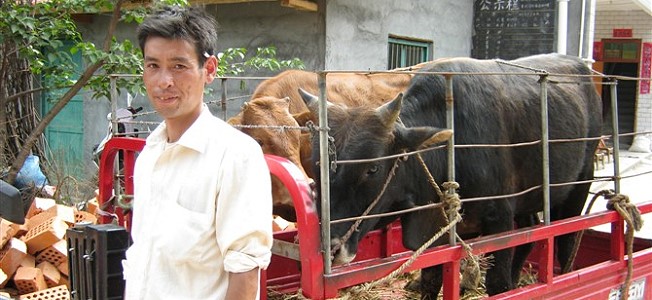Many poor people live in the rural villages back behind the forests of the Orissa states. These villagers come from different castes, tribes and have different religious beliefs. Conflicts among groups are always happened and worsen their impoverished livelihood. In 2008, the Hindu-Christian violent conflict there, resulted in causalities and economic losses. Even now, the community has not experienced real reconciliation. Bias and hatred piled up.
The local community is further marginalized due to their illiteracy which hinders them from learning new agricultural skills. Moreover, their villages are too remote and they only rely on oxcart for transportation. This makes them difficult in going out to find a job and work. It is difficult for the poor communities to access just and fair development opportunities and hence trapped in dire situation.
Hence, CEDAR partner Evangelical Fellowship of India Commission on Relief (EFICOR) launches a community development projects in twenty villages in Orissa. Villagers receive trainings on literacy, leadership, income generating skills and community health. Local self-help groups are helped with governance training for managing various issues in their communities on their own and thus enhancing sustainability in the development.
The impact of the project is growing gradually. Over 600 villagers from different castes and tribes have benefited. For roads construction is the most effective one, the transportation to the outer world is obviously improved. Most importantly, all the transformation in the communities are led by the local village leaders.











